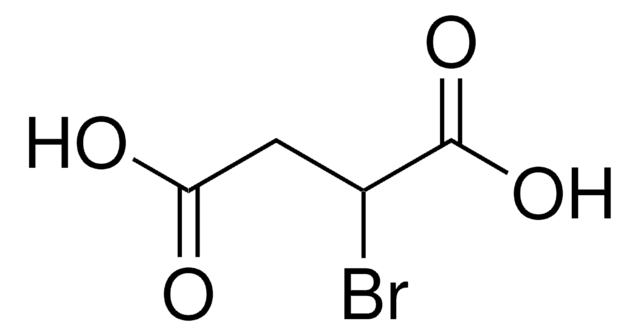BCR079R
3-Methylchrysene
BCR®, certified reference material
About This Item
Productos recomendados
grade
certified reference material
agency
BCR®
manufacturer/tradename
JRC
technique(s)
HPLC: suitable
gas chromatography (GC): suitable
format
neat
storage temp.
2-8°C
SMILES string
Cc1ccc2ccc3c4ccccc4ccc3c2c1
InChI
1S/C19H14/c1-13-6-7-15-9-10-17-16-5-3-2-4-14(16)8-11-18(17)19(15)12-13/h2-12H,1H3
InChI key
JLIHUJWAXSZIHS-UHFFFAOYSA-N
General description
Application
Analysis Note
BCR079R
Legal Information
signalword
Warning
hcodes
Hazard Classifications
Aquatic Acute 1 - Aquatic Chronic 1 - Eye Irrit. 2
Storage Class
11 - Combustible Solids
wgk_germany
WGK 3
Elija entre una de las versiones más recientes:
Certificados de análisis (COA)
Lo sentimos, en este momento no disponemos de COAs para este producto en línea.
Si necesita más asistencia, póngase en contacto con Atención al cliente
¿Ya tiene este producto?
Encuentre la documentación para los productos que ha comprado recientemente en la Biblioteca de documentos.
Nuestro equipo de científicos tiene experiencia en todas las áreas de investigación: Ciencias de la vida, Ciencia de los materiales, Síntesis química, Cromatografía, Analítica y muchas otras.
Póngase en contacto con el Servicio técnico










